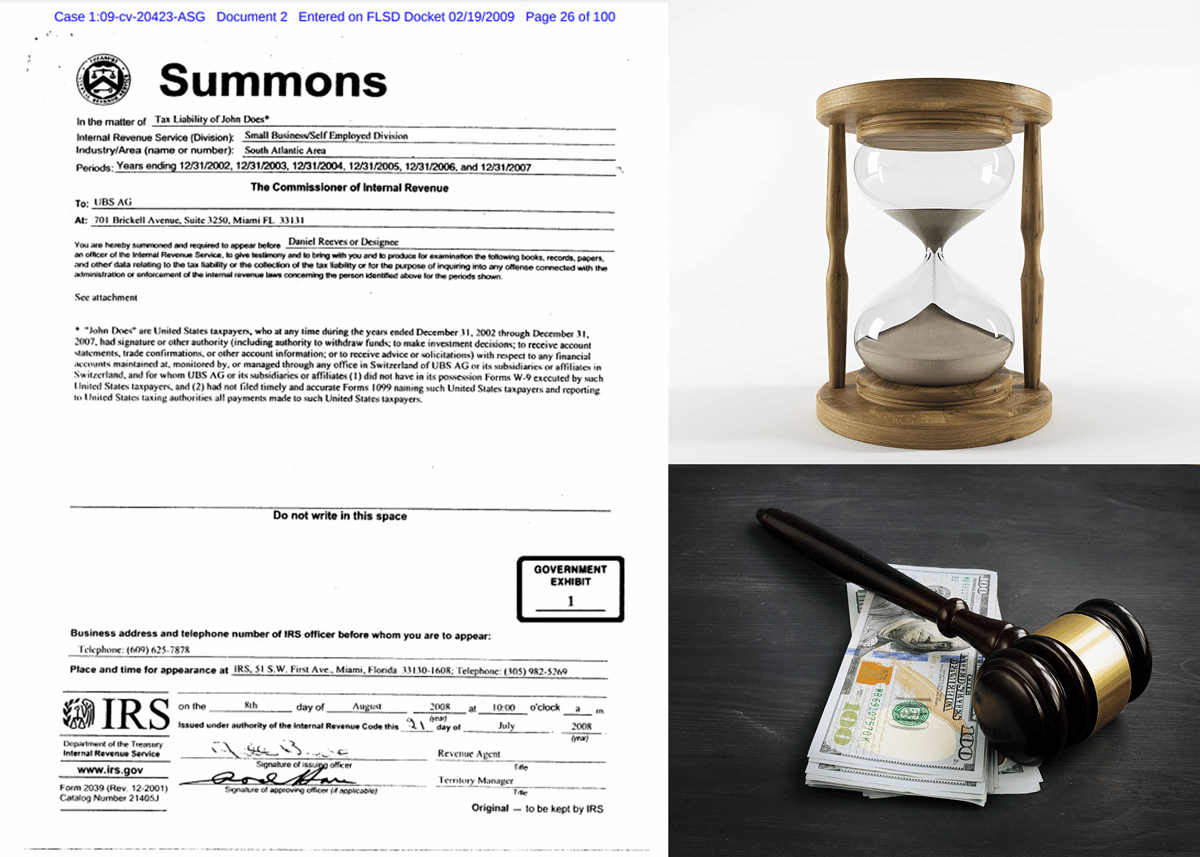Tax Court Holds That § 6751 Written Supervisory Approval Requirement Does Not Apply To 10% Tax on Early Distributions
In Grajales v Commissioner, 156 T.C. No. 3 (2021), the Tax Court held the 10% tax in section 72(t) applicable to early distributions from qualified retirement plans is not subject to § 6751(b)(1). As a result, the § 72(t) 10% tax is not subject to the written supervisory approval requirement before being asserted against the taxpayer.
Section 6751(b)(1) Background
Section IRC § 6751(b)(1) states:
No penalty under this title shall be assessed unless the initial determination of such assessment is personally approved (in writing) by the immediate supervisor of the individual making such determination or such higher level official as the Secretary may designate.
The purpose behind § 6751(b)(1) was to help ensure that penalties would only be imposed where appropriate and not as a bargaining chip.[1]
Until 2015, § 6751(b)(1) was not analyzed with regularity, if at all. However, in a series of relatively recent cases starting around 2015, various courts have determined that the § 6751(b)(1) written supervisory approval is a defense to some penalties and additions to tax.[2] Furthermore, the IRS bears the burden of proving compliance with the requirement in many situations.[3] If the written supervisory approval of the penalty was not obtained prior to asserting the penalty against the taxpayer, then § 6751(b)(1) is violated and the penalty cannot be sustained.
Since the initial case to hold that written supervisory approval requirement in § 6751(b)(1) is a prerequisite and the IRS bears the burden of proving compliance, there have been a number of additional cases that have explored which penalties and additions to tax are subject to the written supervisory approval requirement of § 6751(b)(1).[4] There have also been litigation over at what point must the written supervisory approval must be obtained in order for the mandate in § 6751(b)(1) to be fulfilled (i.e., if it is not obtained before formally communicating with the taxpayer, then the penalty can be set aside).[5]
Grajales & Section 72(t) 10% Penalty for Early Distributions from Qualified Retirement Plans
In Grajales, the taxpayer received an early distribution from her qualified retirement plan (i.e., before she reached 59.5 years old). As a result, the IRS subjected the distribution to the 10% tax for early distributions and issued the taxpayer a notice of deficiency. The taxpayer petitioned Tax Court for review of the IRS’s determination.
In Tax Court, the taxpayer argued that the 10% tax was subject to § 6751(b)(1)’s written supervisory approval requirement. There was no dispute about whether or not there was approval; the IRS stipulated that there was no written supervisory approval. The sole issue was whether § 6751(b)(1) applied at all.
Section 6751(b)(1) applies to a “penalty”, “addition to tax”, or “additional amount.” Unfortunately for the taxpayer, the Tax Court determined that § 72(t) tax is a “tax” rather than a “penalty”, “addition to tax”, or “additional amount” within the meaning of section 6751(b) and (c).[6] Therefore, § 6751(b)(1) and the written supervisory approval requirement does not apply to § 72(t). The Tax Court upheld the IRS’s determination that the taxpayer was subject to a § 72(t) 10% tax on her early distribution.
Conclusion
Given the semi-mechanical application of § 72(t), it is not surprising that the Tax Court did not hold that the written supervisory approval of § 6751(b)(1) applied to the 10% tax for early distributions. Although the taxpayer did not win in Grajales, this will not be the last § 6751(b) case. There will likely be additional challenges to penalties and additions to tax using § 6751(b) arguments. Taxpayers fighting penalties should be cognizant of whether or not § 6751(b)(1) applies in their case and whether or not the IRS met the burden in a timely fashion.
Notes
[1] See Chai v. Commissioner, 851 F.3d 190, 219 (2d Cir. 2017).
[2] Legal counsel for the petitioner in the Grajales case (Frank Agostino) is a tireless advocate and he pushed the envelope in bringing § 6751(b) to the fore in the Graev cases. Until then, there was very little if any case law regarding § 6751(b)(1).
[3] See Graev v. Commissioner, 149 T.C. 485 (2017) (Graev III)(holding that the IRS bears the burden of production in Tax Court to demonstrate compliance with § 6751(b) for the liability of an individual); see also Laidlaw’s Harley Davidson Sales, Inc. v. Commissioner, 154 T.C. No. 4 (Jan. 16, 2020)(holding that the IRS hearing officer must confirm that § 6751(b) requirements have been met in a § 6330(c)(1) hearing regarding a notice of intent to levy).
[4] See e.g., Chadwick v. Commissioner, 154 T.C. 84 (2020)(holding that § 6751(b)(1) applies to trust fund recovery penalties under § 6672).
[5] See e.g., Clay v. Commissioner, 152 T.C. 223 (2019)(holding that § 6751(b)(1) was violated when the penalty was not approved in writing by the manager before the revenue agent issued the 30-day letter (i.e., the letter providing for rights for a taxpayer to appeal the examination determinations to the IRS Office of Appeals)).
[6] Taxpayer’s counsel raised a number of nuanced arguments that § 72(t) was either “penalty”, “addition to tax”, or “additional amount” within the meaning of section 6751(b). However, the Tax Court ultimately dismissed all of these arguments. Tax geeks may enjoy the discussion of these arguments, but they are beyond the scope of this brief post.
[/fusion_text][/fusion_builder_column][/fusion_builder_row][/fusion_builder_container]





